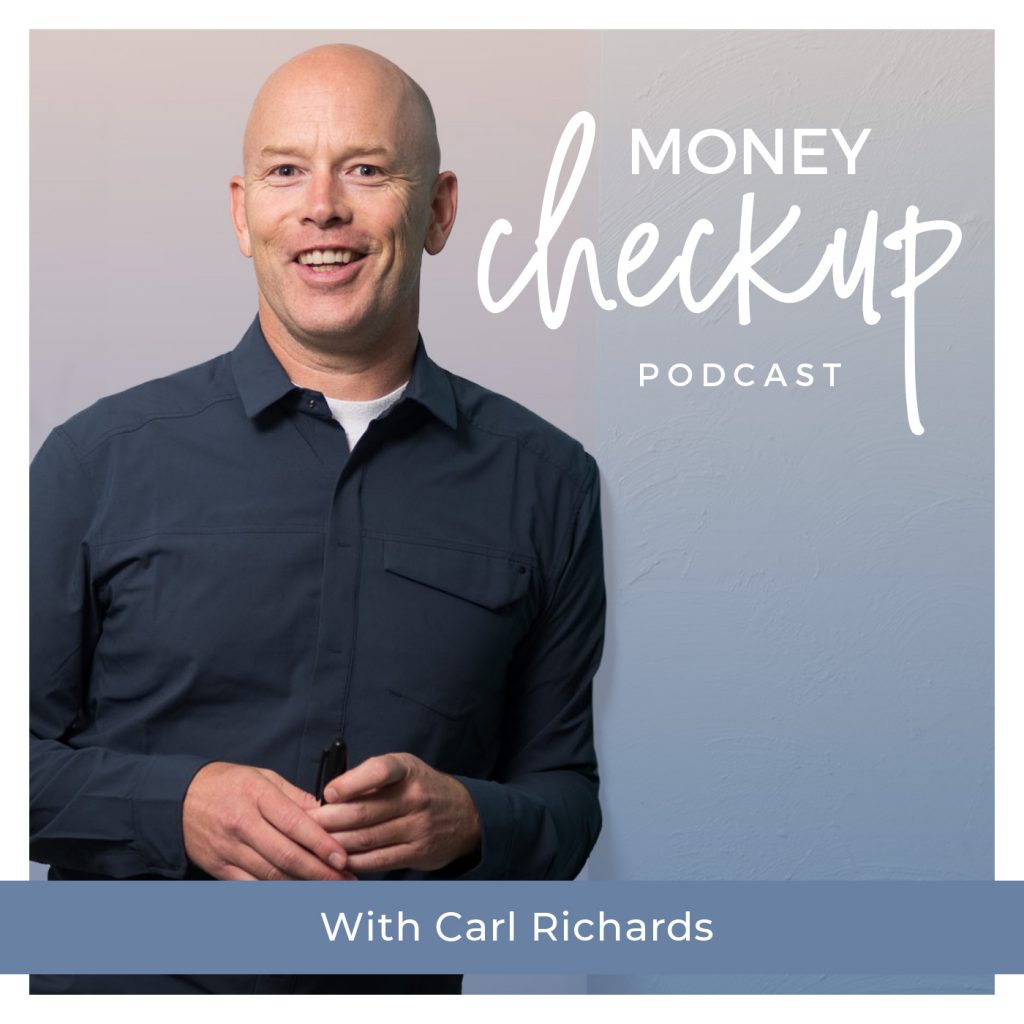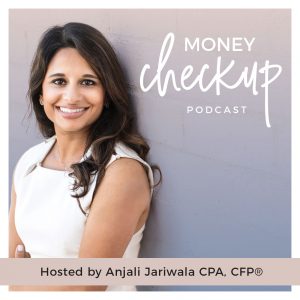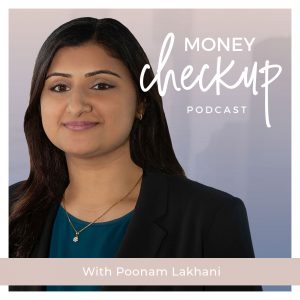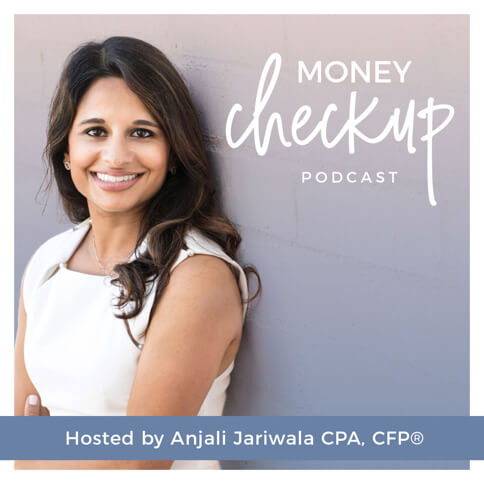Financial planners are like pilots, Carl Richards says. We can create flight plans for our clients, showing them a map of the next few decades. But life and the markets both change in ways we don’t expect. Financial planners need to learn to communicate that uncertainty, and to establish themselves as guides who can adjust plans as clients’ lives and goals change.
“You can have the best investment plan in the world, but if you don’t know why you have it, you’re not going to get where you want to go.”
As the financial planning industry evolves, Carl hopes advisors will begin or continue listening deeply to clients’ goals, finding productive ways to talk through their emotional responses, and creating plans that align with those goals.
ABOUT THE GUEST:
Carl Richards is a Certified Financial Planner™ and creator of the Sketch Guy column, which has appeared weekly in The New York Times since 2010. Through his simple sketches, Carl makes complex financial concepts easy to understand. His sketches also serve as the foundation for his two books, The One-Page Financial Plan: A Simple Way to Be Smart About Your Money and The Behavior Gap: Simple Ways to Stop Doing Dumb Things with Money. Carl has also been featured on Marketplace Money, Oprah.com, and Forbes.com. He lives in London with his family.
Social, website, book link:
Website: https://behaviorgap.com
Twitter: http://twitter.com/behaviorgap
LinkedIn: https://www.linkedin.com/in/thinkingcarl
Email: carl@behaviorgap.com
EPISODE HIGHLIGHTS:
- More than a decade ago, in a client meeting with a physician and a technology sales rep, Carl used a doodle on a whiteboard to explain a concept. Realizing that simple visuals helped people understand these ideas better, he began sharing them on a blog, which was later picked up by The New York Times.
- The only way to solve the “behavior gap,” Carl believes, is to ensure that clients understand their investment and spending strategies and how those strategies align with their goals. If you don’t understand how those strategies are moving you toward your goals, you’re more likely to give into fear, excitement, or fear of missing out.
- Carl and Anjali agree that financial planning must be an ongoing process because clients’ lives are constantly changing. Plans should be responsive to dynamic changes in your life situation and your goals.
- Carl believes the financial planning industry is often “just hacking at the branches,” not getting to the roots of our problems with money. Financial planning has to include conversations about emotions.
- “Real” financial planning, in Carl’s opinion, is the work of aligning clients’ capital with their values. He believes long-range projections are valuable in terms of providing a map or a broad direction, but planners should explain that these are estimates. Financial planners must act as guides, not “defenders of outdated maps.”
WORDS OF WISDOM:
“I thought money was about spreadsheets and calculators, but it turns out it was about feelings — fear and greed, our dreams, our worries, our concerns, the things that keep us up at night.”
“It’s not that the technical components of planning don’t matter. Of course they do. But they’re no longer sufficient. You can have the best investment plan in the world, but if you don’t know why you have it, you’re not going to get where you want to go because you never took the time to define it.”
“If you don’t understand why you’re invested the way you are, then at the first sign of trouble, it becomes really easy to say yes to these emotions.”
“It’s not the financial plan that matters. It’s the ongoing process of planning. Life changes, markets are different than we thought, our goals change. Planning is not a product or an event. It’s a relationship and a process. It’s more about being less wrong tomorrow than it is about being precisely correct today.”
“If we’re going to get anywhere, it really starts with getting clear on the internal work — where do I really want to go and why do I want to go there? Then we layer on top of it the techniques and planning tools we need to help us get there.”
“We can stop selling certainty. We can start realizing that uncertainty is reality. That’s a different set of skills: How do I navigate uncertainty with clients?”
STAY IN THE LOOP WITH US:
Do you receive our weekly email? If not, sign up on our homepage!
If you enjoyed this episode, I’d appreciate it if you could rate and review the show on Apple Podcasts!
If you liked this episode, here’s another I think you’ll enjoy: Episode 49: Money, Entrepreneurship and Marriage with Farnoosh Torabi




